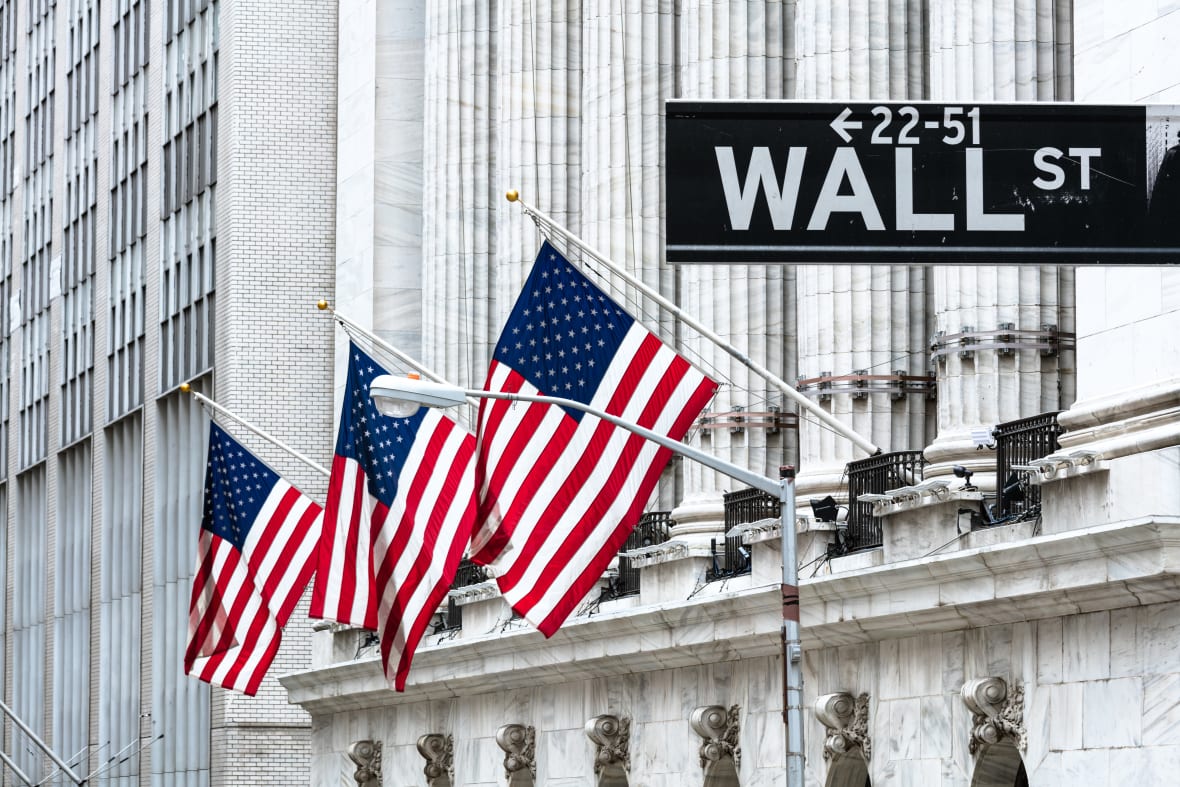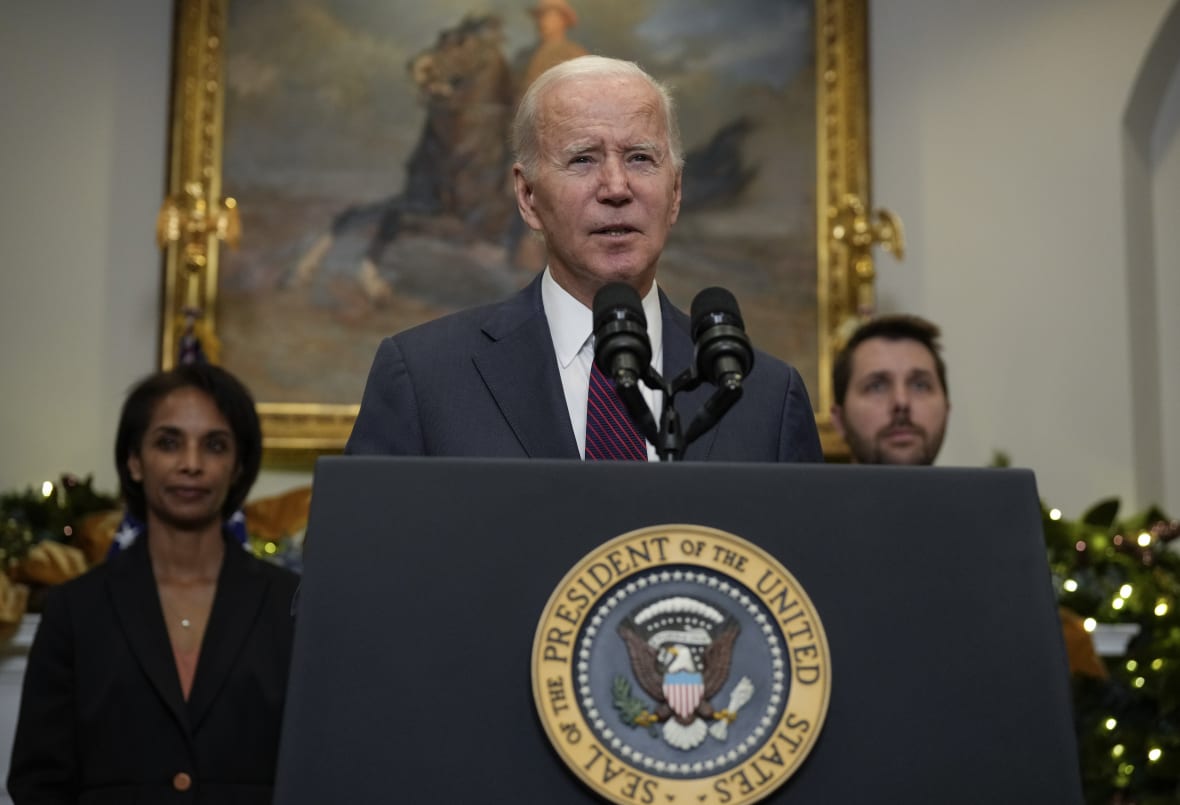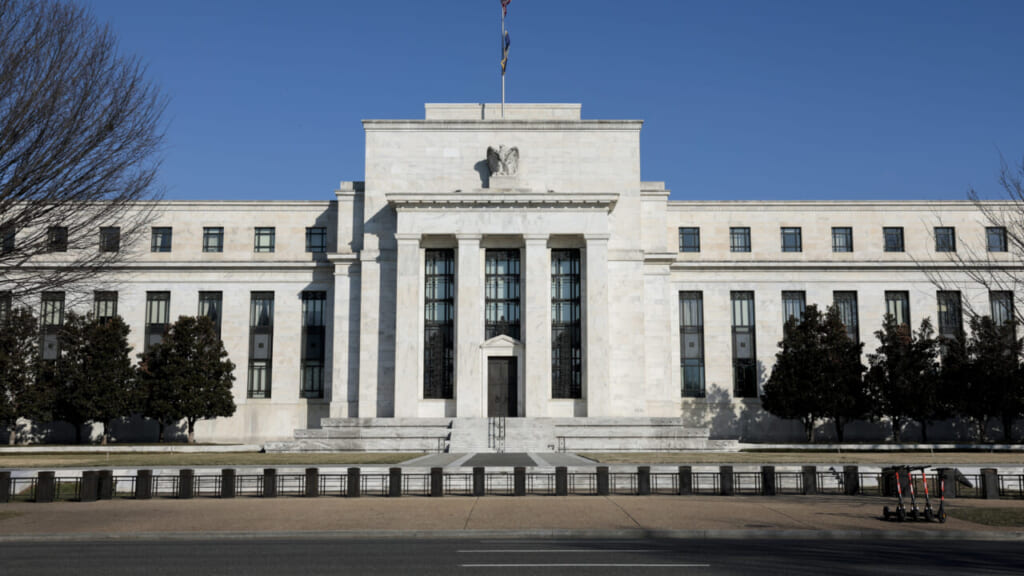How will the economy impact Black Americans in 2023?
Concern for the state of the Black economy lingers as African Americans have historically suffered during economic downturns.
As the new year nears, the health of the United States economy will continue to be top of mind in 2023, particularly for Black Americans.
Just before November’s midterm elections, a national survey of Black voters conducted by theGrio/KFF found that Black voters named the state of the economy, and its impact on their pocketbooks, as their number one concern.

Historically, Black people have always had a less share of America’s wealth, including homeownership, and a disproportionate share of unemployment and consumer debt. Those stark statistics are likely to remain in the foreseeable future. More broadly, inflation issues and concerns of a possible recession still linger over an economy recovering from the COVID-19 pandemic.
While consumer spending was slightly up in November leading into the holiday spending period, and annual inflation increased at its slowest pace in 13 months, the economy has not cooled enough to stop the Federal Reserve from continuing to increase interest rates. The rate increases have contributed to economic gloom, including layoffs in various private-sector industries.
President Joe Biden has consistently said that he supports the Fed’s efforts to combat inflation and does not believe its actions will drive the economy into a recession.

However, there are some signs of hope as gas prices and certain goods and services slowly continue to drop. But as the federal government does its work to get the economy on good standing, concern for the state of the Black economy lingers as African Americans have historically suffered, when compared to mainstream America, during any economic downturn.
Activist Angela Y. Davis previously told theGrio that she believes American society and the state of democracy need to see a “radical transformation” to improve conditions for Black Americans. Similarly, activist April Reign tells theGrio that, in 2023, it is critical that investments be made in Black banks. She said it’s also important that Black communities do whatever is necessary to build themselves up despite the economic challenges surrounding them.
“Whether it’s supporting Black-owned businesses … creating our own spaces, I think it’s going to be really important in 2023 because we all we got,” said Reign.
Reign noted that financial commitments to investing in Black communities after the summer 2020 murder of George Floyd have shown to be elusive. “After the summer of racial reckoning when, you know, George Floyd was murdered, we thought that there was going to be significant movement on behalf of corporations around the country,” she said. “But the pendulum is swinging back to where we were, if not worse. And so I think we all need to take it upon ourselves to be the change that we want to see.”
Forecasting the economy in 2023, Allan Boomer, managing partner at Momentum Advisors and a former Wall Street investor, warns that the country is “vulnerable to a recession right now.”
“The Federal Reserve’s aggressive campaign to fight inflation by raising interest rates is creating a difficult environment for consumers and businesses. Not only are we dealing with higher prices, [but] our borrowing costs are now elevated,” Boomer tells theGrio.

The bright side, he said, is that “consumer households, on average, are in really good shape in terms of cash balances and debt balances.” He added, “Entrepreneurs need to get ahead of a potential recession now by focusing on innovation and leveraging technology.”
A 2017 study from Prosperity Now and Institute for Policy Studies projected that the net worth of the median African-American household would fall to $0 by 2053 if economic trends continued. Despite concerns about the economic conditions for Black Americans, both now and in the future, Jared Bernstein, a member of President Biden’s Council of Economic Advisors, offered a more optimistic outlook.
Bernstein, who touted data showing a stronger labor market and low unemployment rate in November, noted that while the Black unemployment remains higher than the national average, it is improving as the overall rate continues to fall. He also pointed out that wages for Black and Latino workers are seeing faster growth, particularly for those who work in the leisure and hospitality industry, as well as manufacturing.
Bernstein attributes these promising numbers to several laws signed by President Biden, including the Inflation Reduction Act, the Infrastructure Investment and Jobs Act, and the CHIPS Act, which provides federal dollars for producing more semiconductors in the United States. The Biden administration has argued that the laws will lead to lower costs, higher wages and more jobs.
Biden’s housing agenda is also targeting low-income homebuyers, including Black homebuyers. “This is one of the key aspects of trying to reverse decades of discrimination that have resounded against Black wealth accumulation,” said Bernstein. “Getting our housing agenda in place … is something we’re going to push for very hard. I think that’s a piece of the puzzle, too.”
TheGrio is FREE on your TV via Apple TV, Amazon Fire, Roku and Android TV. Also, please download theGrio mobile apps today!
More About:Politics








